Dhaka, the capital city of Bangladesh, has been ranked 31st on the list of cities with the worst air quality, with an AQI score of 67 at 9am on July 10, 2024. The air quality was classified as 'moderate', similar to the previous day, according to the AQI index.
AQI Classification:
- 0-50: Good
- 51-100: Moderate (sensitive individuals should limit prolonged outdoor exertion)
- 101-150: Unhealthy for sensitive groups
- 151-200: Unhealthy
- 201-300: Very unhealthy
- 301+: Hazardous
Top Cities with Worst AQI:
1. Kinshasa, Democratic Republic of the Congo: AQI 181
2. Lahore, Pakistan: AQI 176
3. Baghdad, Iraq: AQI 165
Health Implications:
The AQI provides a measure of air quality based on five pollutants: PM10, PM2.5, NO2, CO, SO2, and ozone. According to the World Health Organization (WHO), air pollution is responsible for an estimated seven million deaths annually due to conditions like stroke, heart disease, COPD, lung cancer, and acute respiratory infections.
Air Quality in Dhaka:
Dhaka frequently struggles with air pollution, especially during winter, while conditions typically improve during the monsoon season.
The AQI serves as a crucial tool for residents to understand air quality and its potential health impacts. The moderate classification for Dhaka indicates relatively better conditions compared to the cities leading the list but still poses a concern for sensitive individuals.
For more detailed information on air quality and health impacts, you can refer to sources such as the World Health Organization (WHO) and local environmental monitoring agencies.



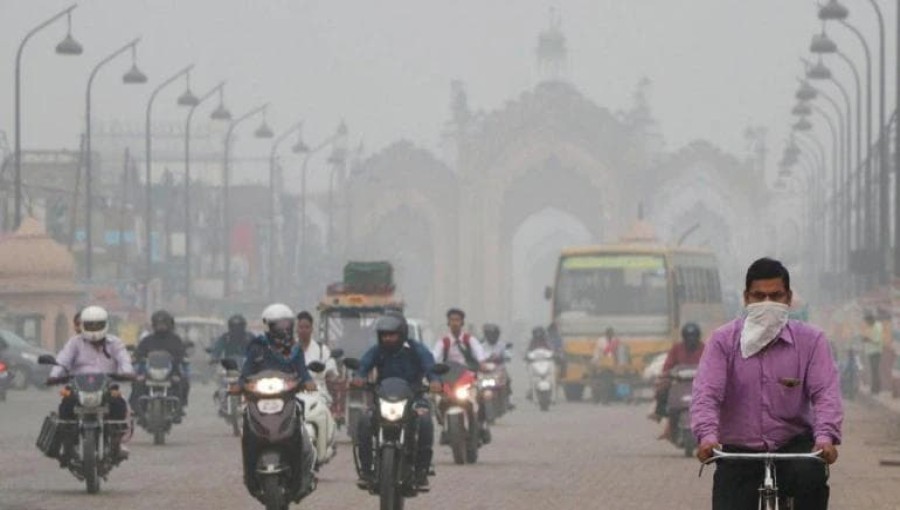





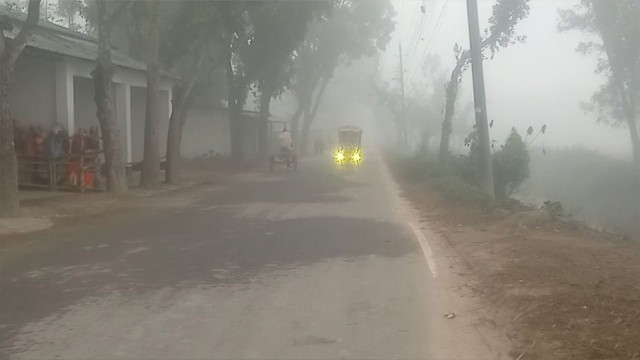
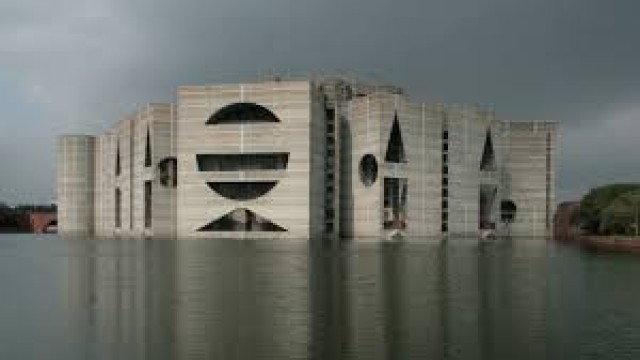

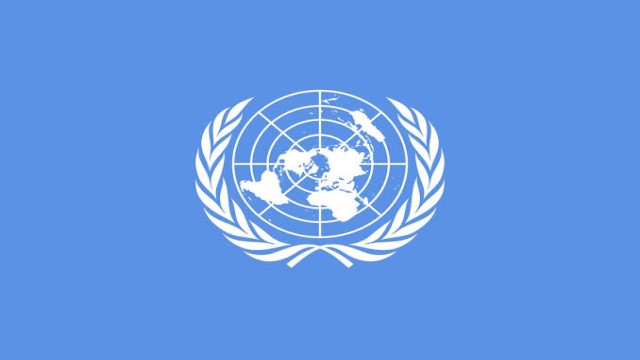














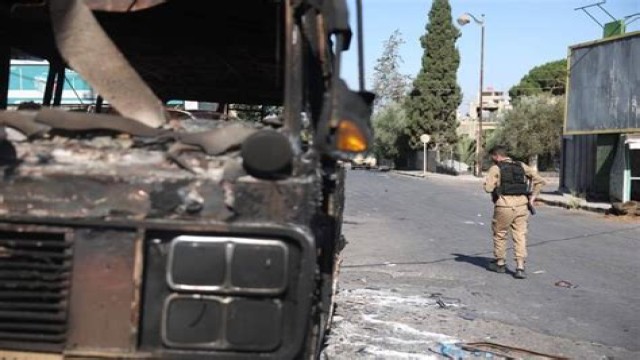


Comment: